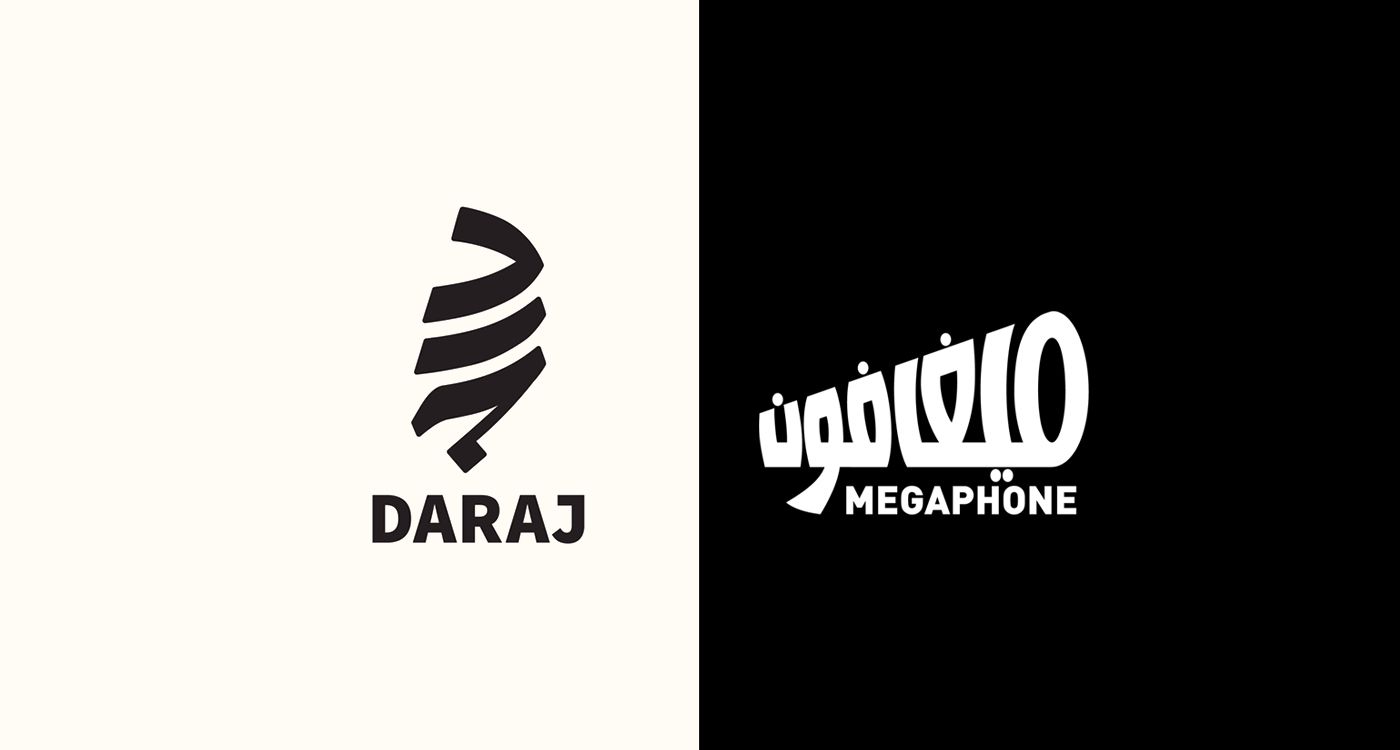
On Wednesday, Public Prosecutor Judge Jamal al-Hajjar referred the complaint filed by lawyers Elie Shahla, Joseph Zeidan and George Moussally against the media platforms Daraj Media, represented by editor-in-chief Hazem Al-Amin, chairwoman Aliya Ibrahim and managing editor Diana Moukalled, as well as Megaphone, represented by CEO Jean Kassir and editor-in-chief Samer Frangieh, to the Beirut Public Prosecution for investigation. He instructed the Beirut Appeal Public Prosecution to take the necessary actions.
The referral, numbered 664/M/2025, was handed over to Judge Ziad Abu Haidar, the Beirut Appeal Public Prosecutor, to carry out Judge al-Hajjar’s directive. The investigation will address the complaint and determine the appropriate actions against the accused.
The complaint alleges that Daraj and Megaphone, along with their managers, are responsible for crimes including, “undermining the state’s financial standing, destabilizing trust in the national currency, inciting people to withdraw their funds from banks and sell state bonds, damaging the state’s reputation, conspiring against the state, weakening national sentiment, obtaining suspicious foreign funds, and financing media campaigns aimed at undermining confidence in Lebanon and its economy.”
The information and documents contained in the complaint are expected to prompt the Public Prosecution to expedite the investigation and uncover the circumstances surrounding the case, particularly concerning the direct link between the accused and George Soros, a figure notorious for orchestrating crises in several countries.
The judicial investigation is anticipated to examine the destructive impact of Soros in countries such as Jordan, the UK, Thailand, the US, Turkey, Italy and others, which led to the bankruptcy of major banks and economic collapses. The investigation aims to uncover how Soros’ harmful agenda was promoted in Lebanon through the accused, who allegedly incited the public against the banking sector, encouraging them to withdraw their deposits. This contributed to the severe financial and economic collapse Lebanon has faced in recent years.
Legal and judicial sources closely monitoring this case and similar complaints believe that how these proceedings are handled will serve as a crucial test for the Lebanese judiciary. It will determine whether the judiciary is truly capable of supporting the new presidency and the oath of office in which President Joseph Aoun vowed to fight corruption, criminals and wrongdoers.



Comments